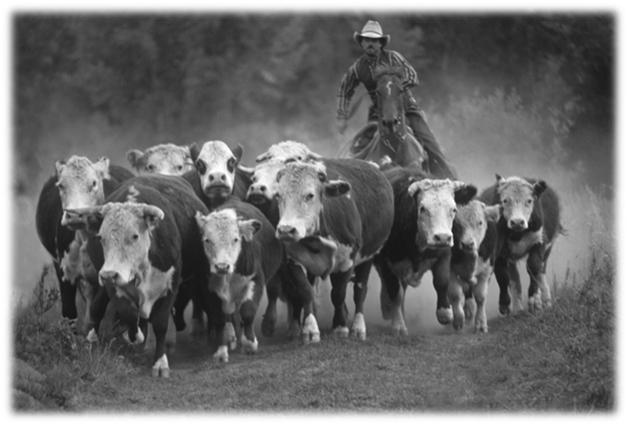How are recommendations changing the way consumers embrace products and brands? Today, Mike Stern takes a wizened look at the power of crowd-sourcing and what it means to radio. – FJ
 The simple fact is we live in a crowd-sourced world. Whether it’s which tablet to buy, movie to see or restaurant to patronize, we have become reliant on the wisdom of the masses, thanks largely to Yelp and Amazon. Crowd-sourcing has even invaded our news consumption through sites like Digg and Reddit.
The simple fact is we live in a crowd-sourced world. Whether it’s which tablet to buy, movie to see or restaurant to patronize, we have become reliant on the wisdom of the masses, thanks largely to Yelp and Amazon. Crowd-sourcing has even invaded our news consumption through sites like Digg and Reddit.
Now the good news is that radio is making better use of the minds of the masses, opening up its programming decisions to fans. Platforms like Listener Driven Radio are giving more and more listeners a voice in the music that is selected and played on many stations. These are positive signs that radio is ceding control and allowing the audience to have a seat at the table.
But when you look at online recommendations and reviews – especially on sites that feature reviews and recommendations – the consumer opinions don’t necessarily translate to value. In fact, some researchers say they may not be worth much at all. Think about how easily a restaurant can earn high online ratings just because it’s trendy and people want to be part of the in-crowd by saying they like it.
That’s an example of what researchers call “irrational herding,” when the masses are led in a certain direction not because something is actually good but because it is perceived to be. According to a recent article in io9 covering a research study on the topic, this phenomenon is more common than you might think.
Researchers rigged certain articles placed on a news aggregator site similar to Digg or Reddit. Anytime someone left a comment, regardless of what was said, the articles got a pre-determined up-vote (positive), down-vote (negative), or no vote at all (control).
They found that articles that received a single up-vote were 32% more likely, compared to the control group, to receive another up-vote by the next person to view the article. By the end of the study, the up-vote articles received 25% higher overall ratings than the neutral control group.
At the other end of the spectrum, the research showed that articles that got the predetermined down-votes were also more likely than the control group to receive an up-vote from the second voter. That comes from what researchers call a “correction effect” as people tend to be skeptical of negative social influence and want to reverse it.
The results would seem to indicate that positive social influences tend to pick up steam beyond perhaps what they should, while negative ones get neutralized to some degree. And that means many of these comments and recommendations may not be all that accurate. That is, of course, except when they are accurate. Sometimes highly rated songs, for example, are just great songs. And that’s the biggest problem – it’s difficult to differentiate between actual good advice and irrational herding.
The article quotes one of the researchers who says the long-term effects of the phenomenon could be serious, “If perceptions of quality are biased by social influence, attempts to aggregate collective judgment and socialize choice could be easily manipulated, with dramatic consequences for our markets, our politics, and our health.”
And that, my radio industry friends, is where our hosts come in. We have the potential to be the voices in the wilderness, trusted opinion leaders not tied to the irrational herd. Regardless of whether your topic is music, politics or sports, if you can provide a measured, trusted voice that delivers insightful, valuable advice on a regular basis, listeners will keep coming back for more.
Your voice will be heard over the noise of the irrational herd.
Full disclosure: LDR is a Jacobs Media client.
- Media And Technology In 2025: Believe It Or Not! - April 18, 2025
- In Radio, You Just Never Know - April 17, 2025
- The Secret To Making A Great Podcast (And Great Radio) - April 16, 2025





Leave a Reply